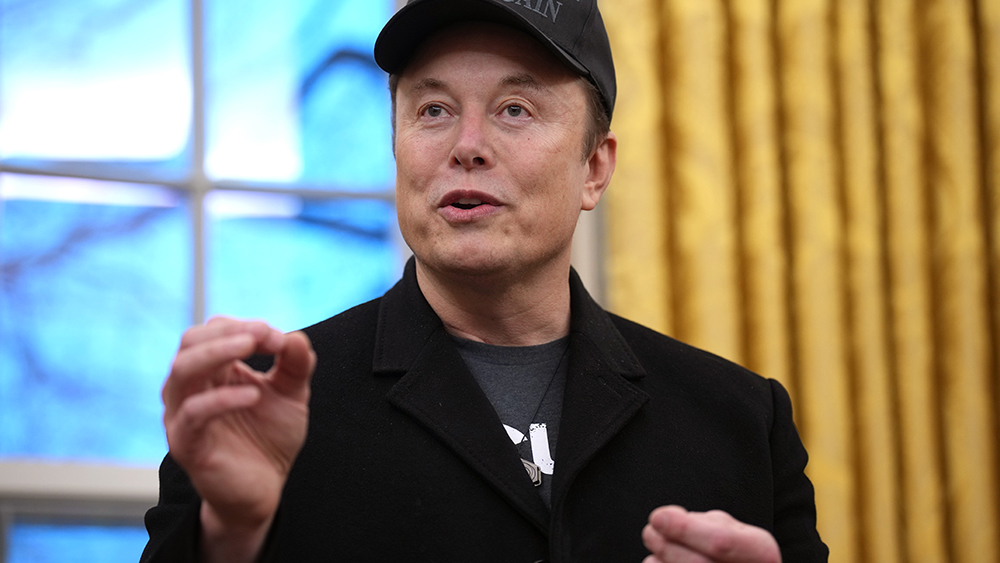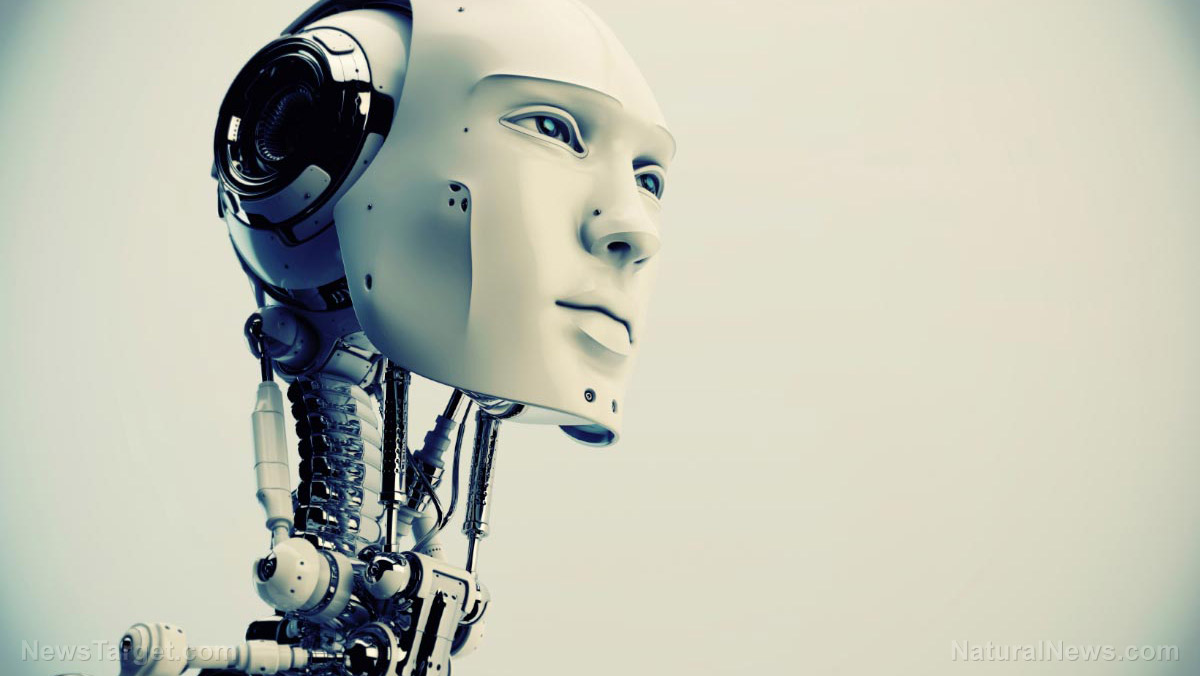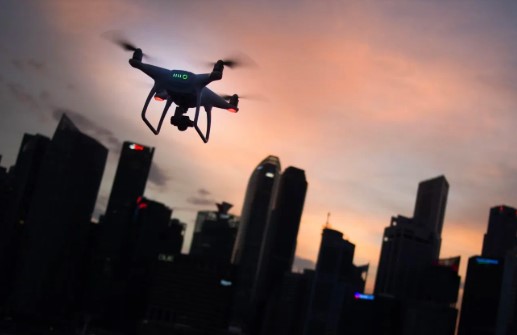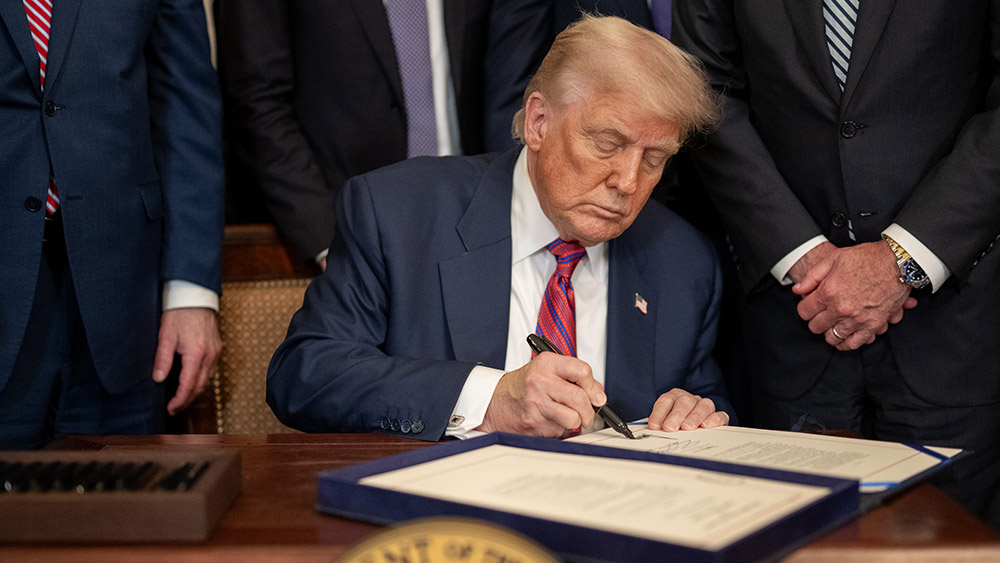False arrests surge as UK police ramp up dystopian facial recognition scans
10/04/2025 / By Lance D Johnson
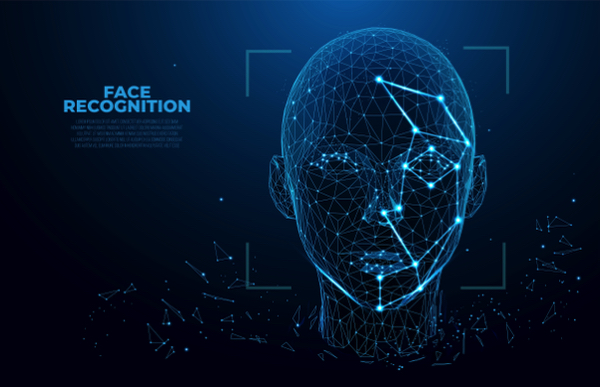
The United Kingdom is rapidly morphing into a biometric police state, where citizens are no longer presumed innocent until proven guilty—but rather scanned, flagged, and detained based on faulty algorithms. The Labour government, under the guise of “public safety,” is aggressively expanding live facial recognition (LFR) surveillance nationwide, despite mounting evidence of wrongful arrests, privacy violations, and systemic misuse. Shaun Thompson, a 39-year-old volunteer mentor working to reduce knife crime, became the latest victim of this Orwellian nightmare when he was falsely identified as a criminal and threatened with arrest—simply for walking past a camera. His case, now headed to the High Court, exposes the terrifying reality of unchecked surveillance: Innocent people are being treated as suspects in their own cities.
Key points:
- The UK government is pushing forward with nationwide facial recognition deployment, despite no specific laws governing its use.
- Innocent citizens like Shaun Thompson are already being wrongfully detained due to misidentification, raising serious concerns about civil liberties.
- Police forces are compiling secret “watchlists” that include non-criminals, protesters, and even crime victims—effectively turning public spaces into dragnets.
- The Met Police and South Wales Police plan to install permanent facial recognition systems, signaling a shift toward constant biometric surveillance.
- Legal challenges, like Thompson’s upcoming case, may be the last line of defense against unchecked government overreach.
“Public safety” or mass surveillance? The slippery slope of facial recognition
Facial recognition technology is being sold to the British public as a crime-fighting miracle—but the truth is far darker. Policing Minister Sarah Jones boasts that LFR has led to arrests “that wouldn’t have come otherwise,” yet fails to mention the growing number of innocent citizens ensnared in its digital net. The Met Police claims biometric data from non-matches is “immediately and permanently deleted,” but with no independent oversight, how can the public trust these assurances?
History has shown that surveillance tools, once introduced, are rarely rolled back—only expanded. Consider the Patriot Act post-9/11, sold as a temporary measure to combat terrorism, yet used for decades to justify warrantless spying on ordinary citizens. Or China’s social credit system, where facial recognition enforces compliance through punishment. The UK is following the same playbook: first, deploy under the guise of stopping violent crime, then quietly broaden the scope until every citizen is tracked.
The human cost: When “safety” tech brands innocent men as criminals
Shaun Thompson’s ordeal should send chills down the spine of every freedom-loving citizen. After dedicating his evening to patrolling London’s streets with Street Fathers, a group that mentors at-risk youth and removes knives from circulation, he was abruptly detained by officers who insisted he was a “wanted man.” Despite presenting multiple forms of ID—and despite police knowing their system had erred—Thompson was held for 30 minutes, threatened with arrest, and pressured into fingerprinting.
“They were telling me I was a wanted man… even though I knew and they knew the computer had got it wrong,” Thompson recounted. His case, supported by Big Brother Watch, will be the first major legal challenge to the Met’s unchecked LFR expansion. If the courts fail to rein in this surveillance frenzy, how many more innocent people will be harassed, humiliated, or worse—wrongfully imprisoned?
False arrest: The illegality of unlawful detention
A false arrest occurs when an individual is unlawfully restrained or detained by another person—whether a private citizen or a government agent—without lawful justification, meaning without probable cause or a valid arrest warrant. This act is often carried out under the false pretense of legal authority, where the arresting party claims the right to enforce the law when no such right exists.
False arrest is also known as false imprisonment, though some jurisdictions differentiate between the two:
- False arrest specifically involves the assertion of legal authority (e.g., a police officer or security guard claiming the right to detain someone).
- False imprisonment covers any unlawful restraint, regardless of whether the offender claims legal authority.
The term “false” in this context refers not to the subjective perception of the victim (whether they felt detained), but rather to the illegality of the restraint itself.
Key points on false arrest:
- No malice required – A false arrest can occur even if the offender honestly believed they had the authority to detain someone. Intent does not negate the illegality of the act.
- Applies to both private and government actors – While most commonly associated with law enforcement, false arrest can also be committed by private citizens (e.g., security guards, store employees).
- Right to resist unlawful arrest – Since an unlawful arrest is not a legal arrest, the person being detained has the right to resist using reasonable force, as they would in self-defense against any other wrongful act.
- Police immunity issues – Despite being public servants, law enforcement officers often evade accountability due to qualified immunity, shielding them from lawsuits even in cases of wrongful detention.
No laws, no limits: The UK’s descent into biometric tyranny
Unlike other democracies, the UK has no specific legislation regulating facial recognition. Police forces operate on internal policies, with zero transparency on who ends up on watchlists—or why. Shockingly, these lists aren’t limited to criminals. Peaceful protesters, crime victims, and even individuals with no record at all have been flagged. Once embedded, this system will be weaponized far beyond “violent offenders.”
The parallels to China’s mass surveillance are undeniable. The same globalist elites pushing digital IDs, CBDCs, and AI-driven social control are now normalizing biometric tracking under the euphemism of “smart policing.” But as Thompson’s case proves, the technology is far from foolproof—and the consequences of error are catastrophic.
The UK stands at a crossroads: Will it become a society where citizens are presumed guilty until proven innocent, scanned like cattle in public spaces? Or will the people push back before it’s too late?
Sources include:
Submit a correction >>
Tagged Under:
Big Brother Watch, big government, biometric tracking, civil liberties, digital ID, dystopian tech, Facial recognition, false arrest, freedom, government overreach, legal challenge, Met Police, national security, police state, Privacy rights, social credit, surveillance state, UK police, watchlists, wrongful detention
This article may contain statements that reflect the opinion of the author
RECENT NEWS & ARTICLES
COPYRIGHT © 2017 FUTURETECH.NEWS
All content posted on this site is protected under Free Speech. FutureTech.news is not responsible for content written by contributing authors. The information on this site is provided for educational and entertainment purposes only. It is not intended as a substitute for professional advice of any kind. FutureTech.news assumes no responsibility for the use or misuse of this material. All trademarks, registered trademarks and service marks mentioned on this site are the property of their respective owners.

